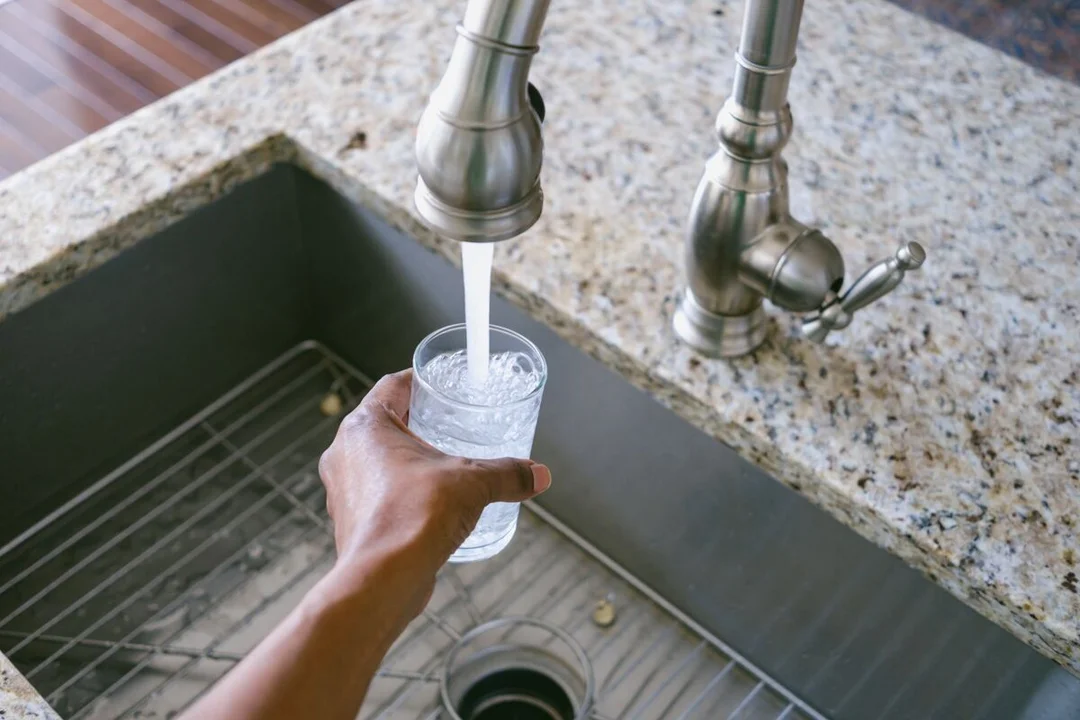
Is Your Tap Water Really Safe? Florida’s Shocking Fluoride Ban Heats Up Health Debate
Florida has taken a controversial step that could reshape public health policies across the U.S., as lawmakers recently passed a bill effectively banning fluoride in drinking water. This move, tucked into a broader farm bill, challenges decades of established dental health practices and raises questions about government oversight and individual rights.
The legislation, approved by the Florida House with an 88-27 vote, prevents local governments from adding fluoride to water systems, potentially making Florida the second state after Utah to enact such a ban. If signed by Governor Ron DeSantis, who has openly criticized fluoridation as 'forced medication,' the law would take effect later this year. This development comes amid growing national scrutiny, fueled by the Trump administration's efforts to reevaluate fluoride's role in public water supplies.
Proponents of the ban, including state Rep. Danny Alvarez, frame it as a victory for personal liberty. 'This is not about fluoride. This is about your liberty,' Alvarez argued, questioning whether the government should add chemicals to drinking water without consent. On the other side, public health advocates like Miami-Dade County Mayor Daniella Levine Cava strongly oppose the measure. She condemned the decision as disregarding expert advice, stating, 'Ending fluoridation will have long-lasting impact on health — especially for our most vulnerable families.' Major organizations, such as the American Dental Association and the CDC, support fluoridation, citing its effectiveness in preventing tooth decay by up to 25%.
The debate extends beyond Florida's borders. In Utah, a similar ban is set to begin in May, while other states like Louisiana are considering restrictions. Critics point to emerging research suggesting potential risks, including concerns raised by Florida Surgeon General Joseph A. Ladapo about effects on pregnant women and children. However, experts counter that the fluoride levels in U.S. water are safe and beneficial, especially for low-income communities reliant on public water systems. This ban could exacerbate oral health disparities, as highlighted in a 2015 study on Hawaii, where the absence of fluoridation correlates with higher rates of tooth decay among children.
Amid these tensions, the Trump administration is pushing for a national review. Health and Human Services Secretary Robert F. Kennedy Jr. has called for halting CDC recommendations on fluoridation, though this has been met with a more cautious response from his department. The implications are significant: while supporters see it as a reclaiming of personal choice, opponents warn of increased healthcare costs and poorer community health outcomes.
In summary, Florida's potential fluoride ban underscores a broader clash between public health mandates and individual freedoms. Will this spark a nationwide trend or prompt a reevaluation of the science? As debates intensify, it's crucial for communities to weigh in and share their perspectives on balancing safety and autonomy in everyday essentials like water.